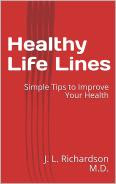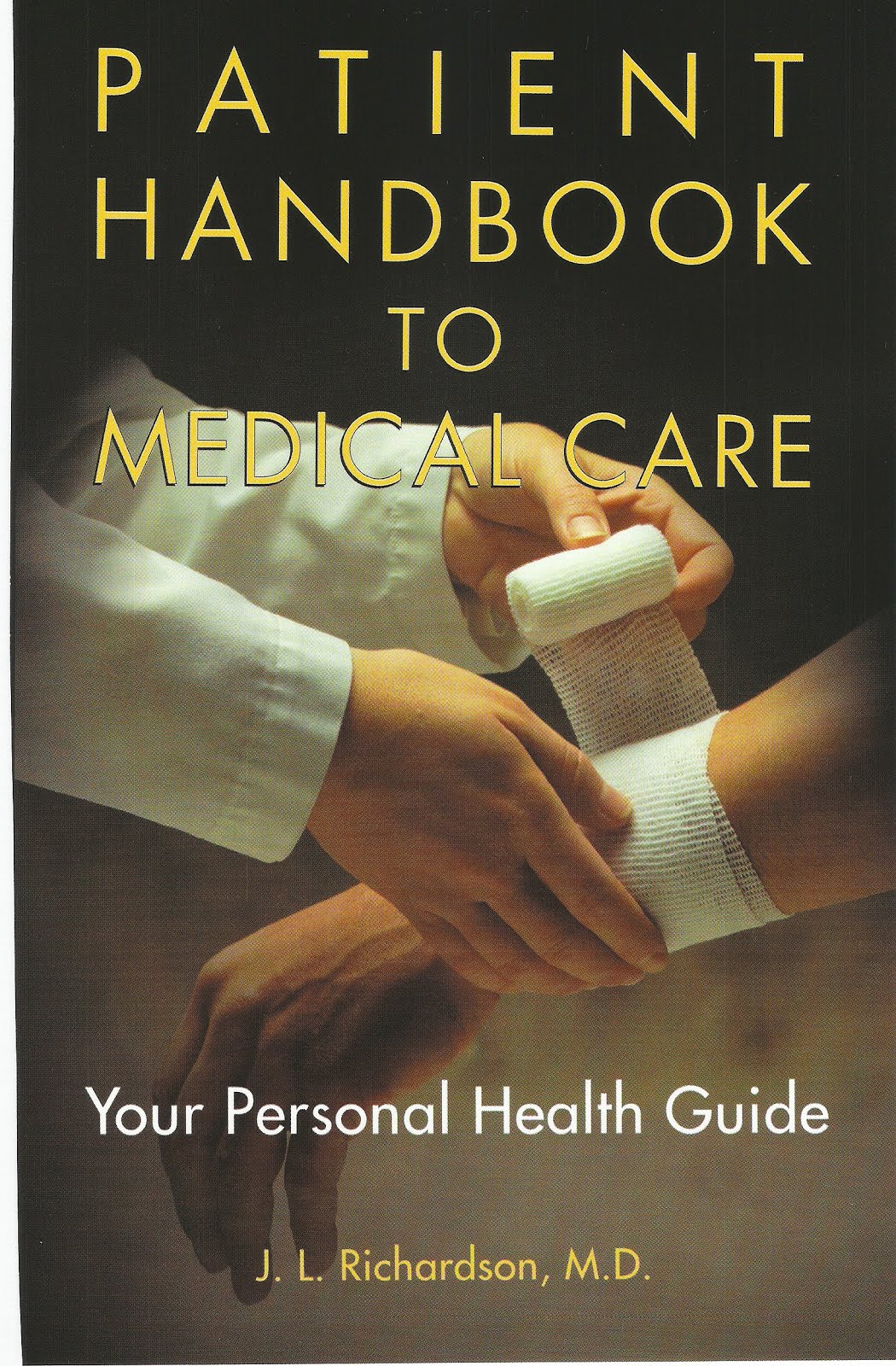Common screening tests for cancer include:
- mammogram and/or MRI for breast cancer
- PAP smear & HPV test for cervical cancer
- stool check for blood (fecal occult blood test, FOBT); colonoscopy, baseline at 50 for colorectal cancer
- chest X-ray and or CT scan for lung cancer
- complete physical exam, and routine blood tests
Get a copy of your test results. This will help you understand your diagnosis and make sure all is accurate. Research your results and diagnosis. Getting a second and sometimes tiebreaker third opinion (because you were told different things by each doctor!) is a reasonable and smart thing to do. This offers more alternatives and insight enabling you to get the right treatment for you based on facts.
Cancer screening is a healthy thing to do. If cancer runs in your family, get checked for it early. Many may dissuade you based on clinical guidelines and cost. Guidelines are recommendations. The cost for your health is priceless. Since you are paying for it, get what you deserve and need based on your individual medical history. The cost of prevention is usually far less than the cost of treating and living with cancer.
Best health!


